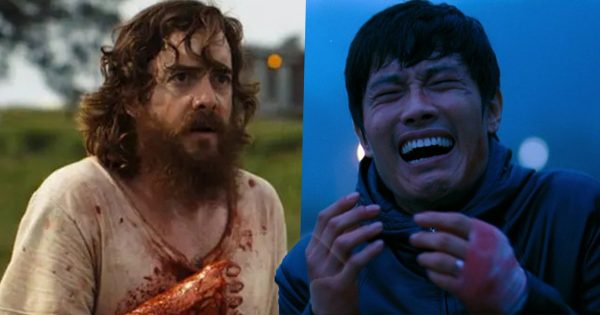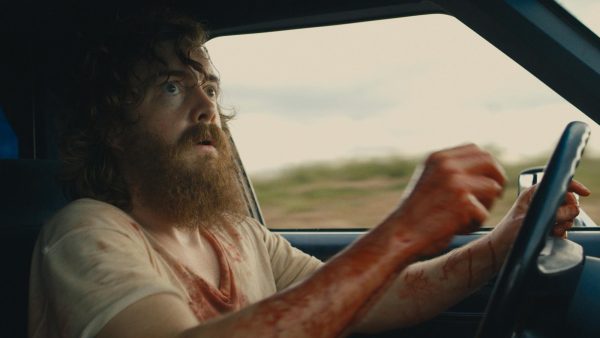Tom Jolliffe on when vengeance on screen is shown as futile…
It’s a dish best served cold. Cinema has long held a fascination with revenge. As a sub-genre, the revenge picture still carries plenty of market appeal. Many actors over the decades, particularly cinematic tough guys, have made careers in dishing out vengeance. For the most part, the movie concept of revenge is simple. An unspeakable act of villainy needs a hearty slice of retribution. Our hero must venture into a dark place and seek revenge. Said revenge is often satisfying.
In the broadest sense, the most perfect examples of ‘satisfying’ revenge lie within Cannon Films canon. It might be Chuck Norris blowing up Richard Lynch with a bazooka in Invasion U.S.A to exact his revenge, or Charles Bronson blowing up Gavin O’Herlihy with a bazooka in Death Wish 3. Our heroes, or anti-heroes are deserving of a morally unquestioned dose of revenge.
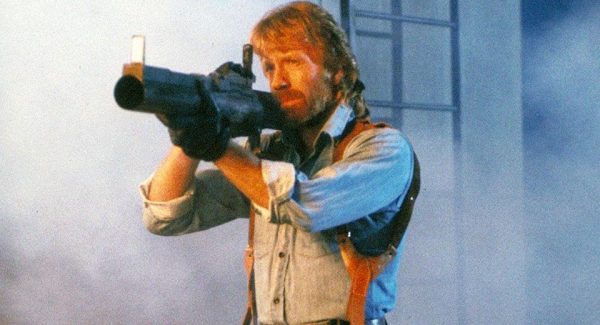
These perfect examples of atypically consequence free revenge are the most simple expressions of the idea. It’s pure escapism. It’s fantasy. It’s an antithesis to real life. In reality the seeking of retribution would inevitably never be clean, particularly that of the violent kind. There are, after all, laws and consequences. Revenge in its nature requires obsession, one that in reality is unhealthy, symptomatic of pulling away from society, possibly becoming sociopathic. Those heroes Charles Bronson regularly played didn’t have a huge emotional complexity. Their goal was simple, but that doesn’t truly represent the complexity of real life, human emotion and our inherently contradictory natures.
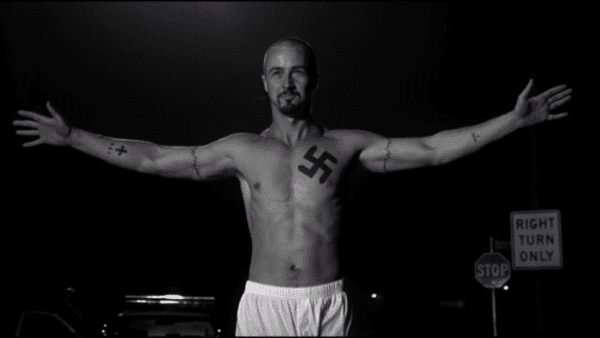
So what of an Anti-revenge film? Occasionally cinema has sought to subvert genres. It’s good to see a flipside sometimes or a different angle to view something. There have been many examples over the years about the sheer futility of retribution. American History X explored this chillingly, essentially bookending the film with two moments of retributive ‘justice.’ In the first instance, Neo-Nazi Derek takes a gun to protect his family from black intruders. His defence is excessive, lethal. It’s an act of unrestrained revenge on criminals who were already fleeing (partly exacerbated in wanting revenge for his late cop father who was killed in the line of duty). In the film he begins to realise the futility in this act itself, and further in the hate filling his mind. It’s a film about redemption and atonement and in some ways how this can become a futile itself when you’ve crossed a certain line. The film ends with an act of retribution against Danny, his brother. Born of all the things passed onto him, alongside the Neo-Nazi organisation who took them both in, the film ends with this tragic loss of Danny’s life, a kid who wasn’t too far beyond redemption.
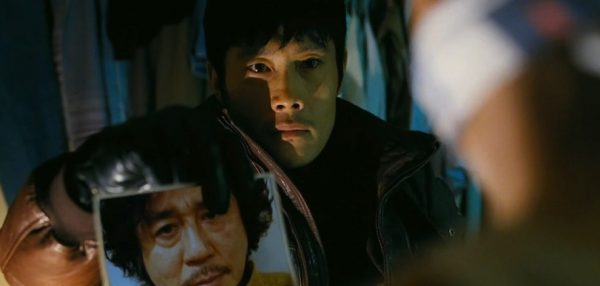
Korean cinema often loves to subvert genre expectations or explore complex ideas. Moral ambiguity is popular within the finest examples of Korean cinema (which you see well in evidence in the Vengeance trilogy, but Sympathy For Mr Vengeance particularly delves into the futility of revenge). Then there is I Saw The Devil, Kim Jee-woon’s pitch dark, brutal revenge tale that shows the depths that obsessive revenge can take you. Good becomes clouded by evil. What separates our protagonist Special investigator, and the serial killer he begins hunting (after his wife is murdered by him) becomes a fine line morally speaking. Korean superstars Lee Byung-hun as cop and Choi Min-suk as killer are both superb. The latter is playing a character unspeakably sadistic. He has no empathy at all and in any conventional cinematic circumstance could have been despatched in an act of satisfying vengeance. From our audience perspective we do get that and his eventual sendoff is very memorable, but the cost on Byung-hun’s protagonist is huge. He’s destroyed not only his career and lost his whole family (some who become collateral damage in his desire to keep hunting, torturing and releasing the killer), but he’s irreparably ravaged his mind. That revenge, which was never satisfied through the perpetual hunts and tortures, nor when he finally let his foe die, has taken a deep psychological toll. It will have inevitably dawned on him too late, that he had the means to gain conventional justice through the law he’s supposed to uphold, but he gave it up in exchange his own brand of punishment and revenge.
SEE ALSO: Ten Essential Korean Cinema Gems
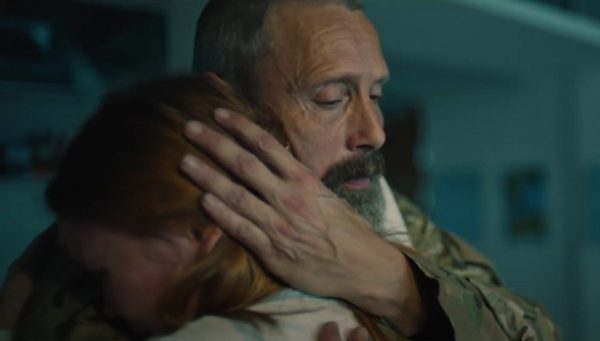
A particularly interesting example of Anti-revenge cinema of late was Riders of Justice. Mads Mikkelsen is the widowed father, whose wife is killed in a metro bomb blast. This soldier had already had issues with PTSD and dealing with his emotions, but these are exacerbated further by the death of his wife. He can’t acknowledge his pain with his daughter, and constantly keeps her at arms length, despite her pleas for him to seek counselling. The quest for revenge becomes increasingly based on things that aren’t 100%. To an extent leaps of faith are taken during the hunt for who planted the bomb. Violence is dished out. People die and there is collateral damage. Mikkelsen’s character pushes his moral compass way off kilter, where he puts vengeance and his singular desire over the lives of others. Inevitably, particularly given this is a complex Nordic thriller, his revenge feels empty. His pain remains and he’s got a lot of damage to undo with relationships and his own psychological state.
Revenge is also never as clean cut and impressive as John Wick might make it look. People generally aren’t expert harbingers of revenge. Blue Ruin beautifully emphasised the futility of revenge, its messiness, but also the common persons ability to dole it out. Macon Blair’s protagonist is on the hunt for revenge after the man who murdered his parents is released from prison. He’s way over his head, and completely ill-equipped to become a revenge getter. We see him ineptly bumbling his way to a revenge that doesn’t satisfy like an indoor bazooka shot. The film is a really interesting flip on the genre and that’s what makes these so interesting.
What is your favourite “anti-revenge” film? Let us know on our social channels @flickeringmyth…
Tom Jolliffe is an award winning screenwriter and passionate cinephile. He has a number of films out on DVD/VOD around the world and several releases due out in 2021/2022, including, Renegades (Lee Majors, Danny Trejo, Michael Pare, Tiny Lister, Nick Moran, Patsy Kensit, Ian Ogilvy and Billy Murray), Crackdown, When Darkness Falls and War of The Worlds: The Attack (Vincent Regan). Find more info at the best personal site you’ll ever see here.
